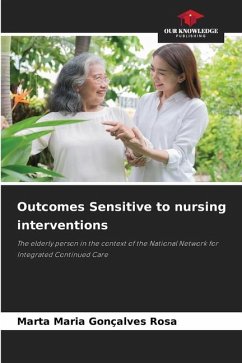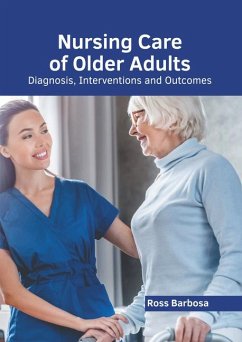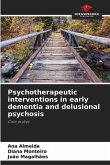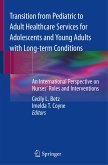Nursing interventions in long-term care units, as a response to the needs of the people admitted there, need to be evaluated, and it is imperative to define indicators that are sensitive to nursing interventions. The Nursing Role Effectiveness Model analyzes the relationship between structure, process and outcome variables and is a research model, conceptually supporting the study presented, with the integration of the Self-Care Deficit Theory and the Transitions Theory. We identified the potential of nursing interventions in the context of the National Integrated Continuing Care Network, as a response to the needs of the elderly, and systematized indicators of health gains resulting from nursing interventions for the elderly in this context. The nursing interventions developed, based on the different dimensions of the proposed model, show the autonomous intervention of the nurse, allowing us to understand the achievement of sensitive results based on indicators for which formulas were constructed to support clinical decision-making in nursing.
Bitte wählen Sie Ihr Anliegen aus.
Rechnungen
Retourenschein anfordern
Bestellstatus
Storno








